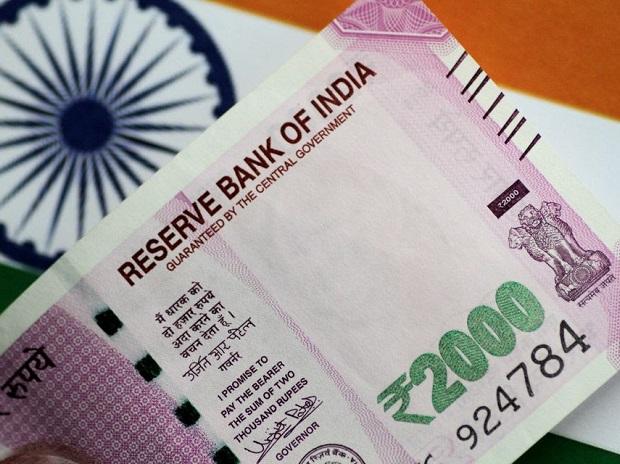[ad_1]
The rupee was trading in a narrow range against the US dollar in opening trade on Thursday, tracking a muted trend in domestic equities amid weak domestic macroeconomic data.
At the interbank foreign exchange, the rupee witnessed range-bound trading in early deals. It opened at 82.30 against the US dollar, then rose to 82.29, registering a gain of 4 paise over the last close.
It was moving in a tight range of 82.25 to 82.34 in the morning trade.
On Wednesday, the rupee fell by 12 paise to close at 82.33 against the US dollar.
The rupee started with small gains ahead of US CPI data that could aid investors to evaluate the size of rate hikes that the Fed is likely to deliver this year, said Sriram Iyer, Senior Research Analyst at Reliance Securities.
A fall in the crude prices could aid sentiments, but most Asian and emerging market peers were weaker this Thursday morning as the FOMC minutes revealed that the Fed will continue its aggressive monetary policy stance and will cap gains for the local unit, Iyer added.
Meanwhile, the dollar index, which gauges the greenback’s strength against a basket of six currencies, fell 0.02 per cent to 113.29.
Brent crude futures, the global oil benchmark, rose 0.01 per cent to USD 92.46 per barrel.
In the domestic equity market, the 30-share BSE Sensex was trading 109.06 points or 0.19 per cent down at 57,516.85, and the broader NSE Nifty fell 25.85 points or 0.15 per cent to 17,097.75.
Foreign Institutional Investors (FIIs) were net sellers in the capital markets as they offloaded shares worth Rs 542.36 crore on Wednesday, according to exchange data.
On the domestic macroeconomic front, higher food prices drove retail inflation to a five-month high of 7.4 per cent, while India’s industrial production slipped to an 18-month low, contracting by 0.8 per cent in August, mainly due to a decline in output of the manufacturing and mining sectors.
The second consecutive month of rise in consumer price index (CPI)-based inflation will add to the pressure on the Reserve Bank of India (RBI) to again raise interest rates to tame high prices.
(Only the headline and picture of this report may have been reworked by the Business Standard staff; the rest of the content is auto-generated from a syndicated feed.)
[ad_2]
Source link



